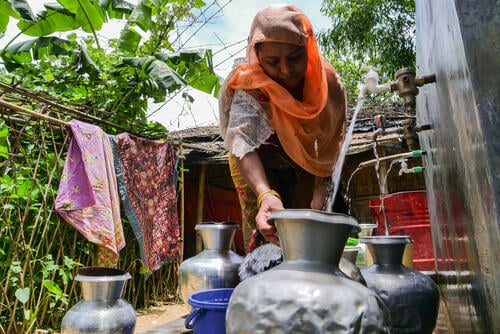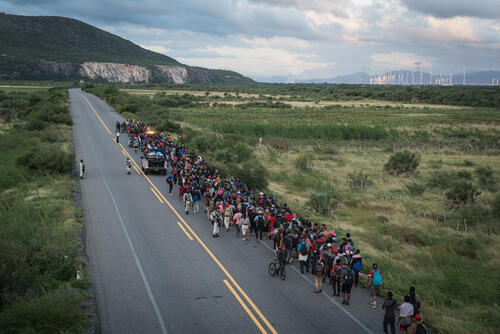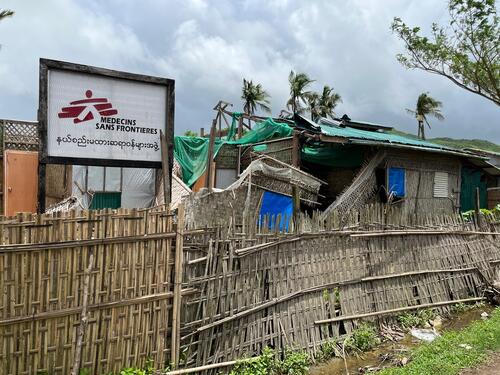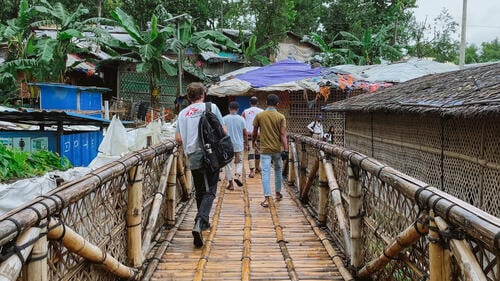The Rohingya people are one of the most persecuted minority groups in the world. Today, they are forced to live life on the margins of society or in confined camps. They often experience sexual violence, repeated infectious diseases, child or bonded labour, arbitrary arrest, detention, or even forced deportation.
Following a concerted campaign of extreme violence and killings by the Myanmar authorities against Rohingya people in Myanmar’s Rakhine state in August 2017, around 770,000 Rohingya fled to Cox's Bazar, Bangladesh. One million Rohingya now live in camps in Cox's Bazar, in dire conditions.
Rohingya who remain in Myanmar, and those who have made the often-perilous journey by boat to Malaysia, also face grave challenges. Rohingya people in all three countries face severe restrictions on their freedom of movement and significant barriers to accessing healthcare.

Lost at sea
Featured
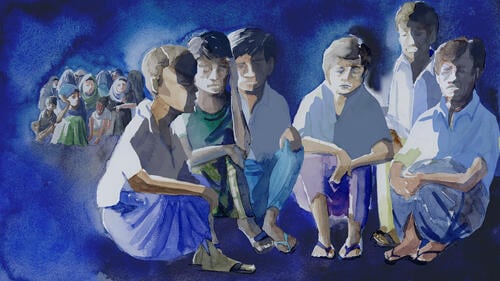
Trapped and forgotten: where can Rohingya people seek safety?
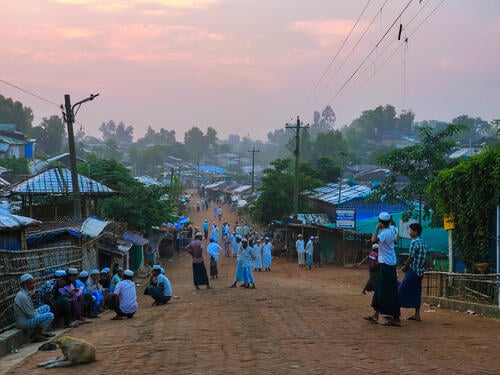
Severe spike in arrivals of war wounded Rohingya from Myanmar

Rohingya in Cox’s Bazar miss out on hepatitis C cure amid lack of treatment options
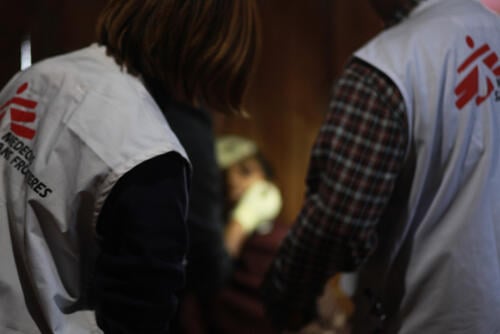
Five things to know about the humanitarian crisis in northern Rakhine
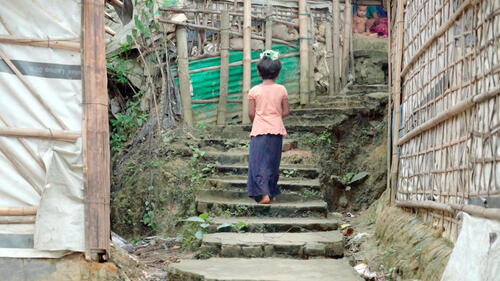
Rohingya youth trapped in violence and despair in Cox's Bazar
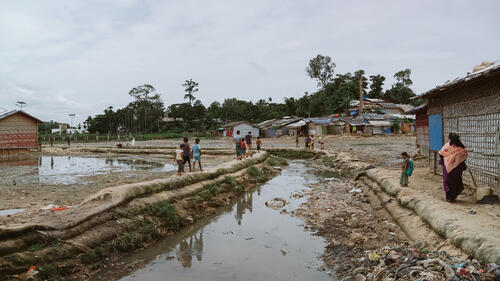
Funding for Rohingya must increase as medical needs surge in camps
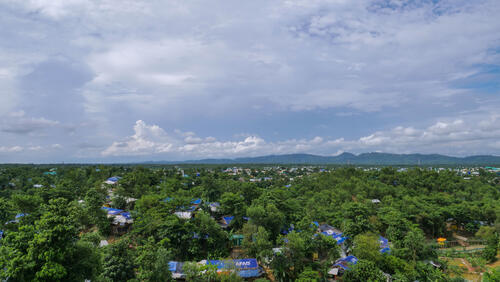
Cuts to refugees’ food rations will have severe health impact
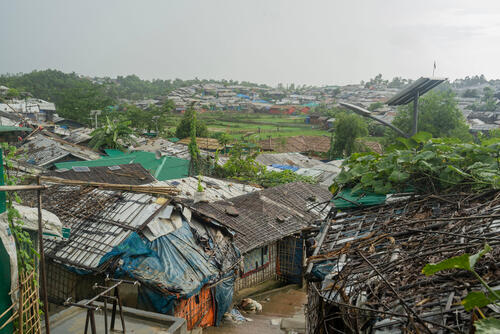
One million Rohingya remain in precarious conditions five years after horrific violence in Myanmar
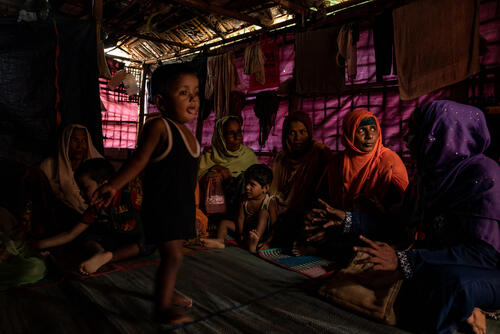
Unprecedented increase of scabies cases in Cox’s Bazar refugee camps
Research & Analysis
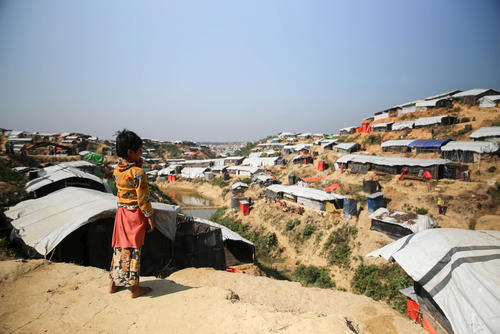
MSF surveys estimate that at least 6,700 Rohingya were killed during the attacks in Myanmar
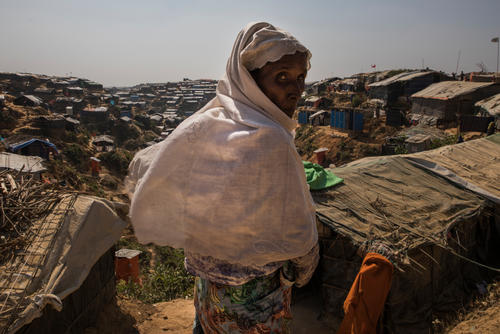
‘No one was left’ - Death and Violence Against the Rohingya
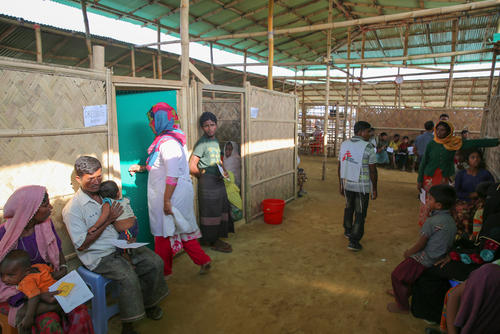
Rohingya crisis - a summary of findings from six pooled surveys

The Situation of Rohingyas Fleeing Myanmar to Bangladesh




